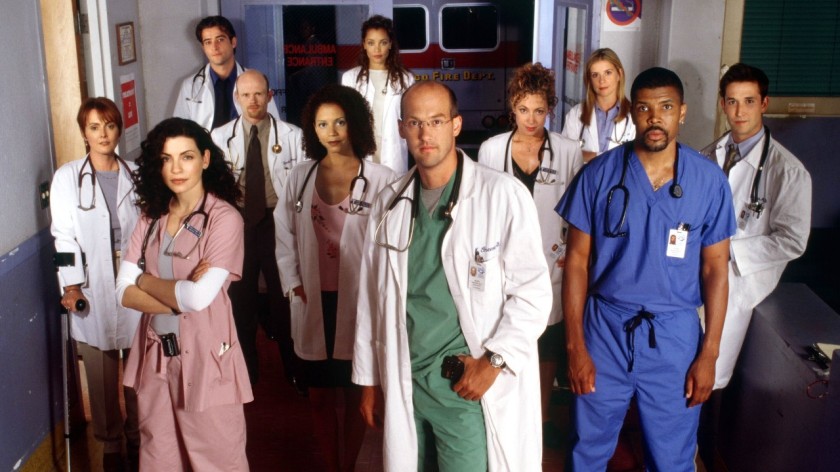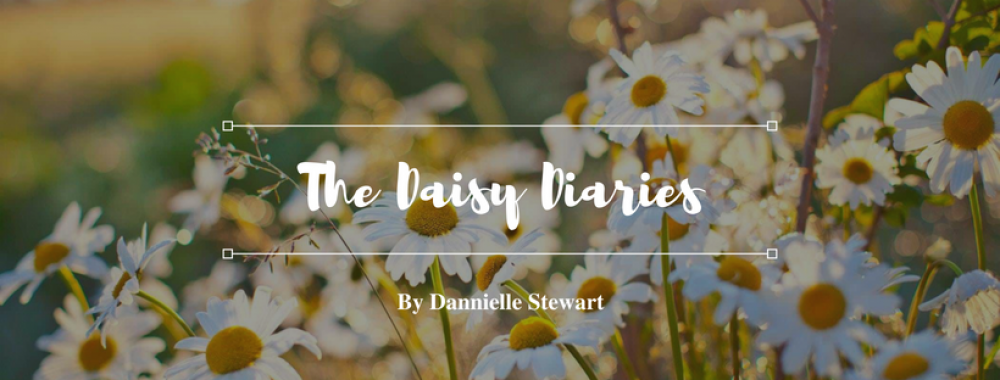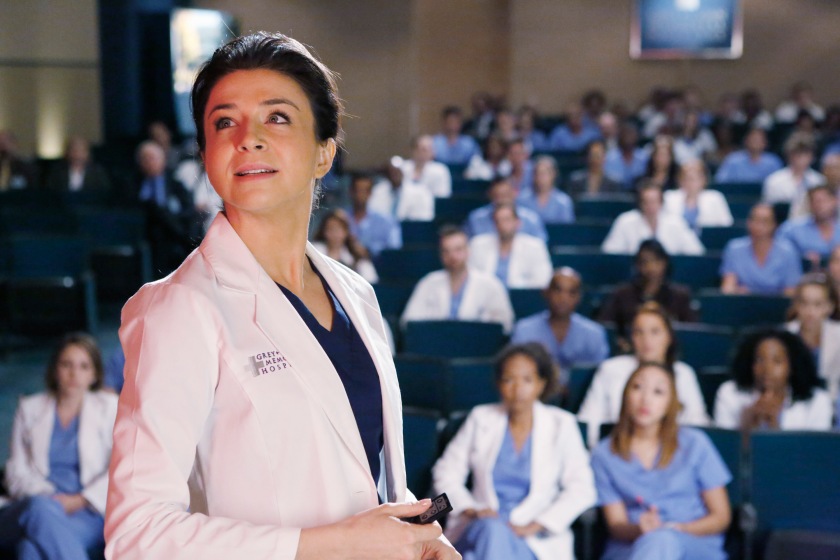
“Luca do you even know what I do in there?” Abby Lockhart asks Dr Luca Kovac in fictional medical dram ER. Abby’s frustrated question about her role in the emergency trauma echoes a question asked by many a real nurse when dealing with doctors, medical students, patients, their families, and members of the public. Medical television shows are some of the worst offenders for the representation of nurses, and while ER can be said to be better than others for actually portraying nurses in the main and supporting cast, none have quite given nurses the portrayal they deserve. Is this part of the reason that nursing is still such an undervalued position in society? There is a definite failure of most people to appreciate the professionalisation that has occurred in the profession over the last twenty years, and it’s not just laypeople. One thing medical television shows do seem to accurately capture is medical students and young doctors’ underestimation of the value of registered nurses.
The photograph above is the group shot from season 6 of ER. There is one thing common to almost all season photographs for this television show: only one registered nurse is ever featured. For the first six seasons it was Carole Hathaway played by Julianna Margulies, then Abby Lockhart (Maura Tierney) until she entered medical school in season 10 which made way for Samantha Taggart (Linda Cardellini). The nurses that have been there long term (Haleh, Lydia, Connie, Lily etc) are considered merely supporting cast members and their nursing role is featured only in relation to doctors’ orders. Additionally, their portrayal is often highly stereotypical with the group often sitting around the desk gossiping and laughing while dismissively telling residents that they’ll get to their patients soon. The “main” nurse is never portrayed like this, and the portrayal of Carole, Abby, and Sam are some of the better I’ve seen though their roles have become more outdated as the profession continues to grow (Carole for example ran from 1994-2000, an era throughout which nursing began to see great changes in education, training, and responsibilities). However both Carole and Abby expressed desire to become doctors after feeling disenfranchised with their roles in the emergency department, with Carole scoring high on the MCATS and Abby entering the series as a medical student who returns to nursing after her ex-husband fails to pay her tuition. Abby eventually succeeds which necessitates the entry of Sam in season 10. While the role of the nurse is portrayed fairly well for the time period, the series underestimates the number of nurses in relation to doctors, and assumes that most nurses secretly yearn to be doctors. The tension between nurses and young doctors is best expressed by Carole in season 6 when Lucy Knight, a medical student, makes the brash statement: “you can’t just do that; you’re a nurse and I’m…”. Carole cuts her off angrily saying, “you’re a what?! You’re a med student”. Lucy already has taken on the doctors tell nurses what to do persona as only a fourth year medical student. In shows such as House MD and Grey’s Anatomy nurses have an even less present role and often exist only as people standing in a patient room or as sexual conquests of the doctors. Their role is not only subordinate rather than in partnership with doctors, but they generate very little of their own care and instead sit around and wait to be commanded by a doctor. In House MD, no doubt to enhance the comedy that is House’s personality, nurses are often addressed crudely and made fun of and, again, frequently serve as sexual exploits or girlfriends for doctors like Chase and Taub.
With portrayals of nurses like this in some of the most highly consumed television programs how can we expect patients to think of us as highly trained professionals who have a semi-autonomous practice, and who work with doctors as part of a team instead of as placid, smiling assistants who simply do everything doctors tell them? The role of nurses needs to be public knowledge, otherwise we cannot expect our patients to know that they can ask us certain questions, or expect a high standard of care. Even upon telling people closest to me that I was going to be a nurse, many of them doubted that I would actually do it or assumed that I would later go to medical school. That’s because they had it in their head that nurses do things like fetch juice or water, clean bed pans, and shower people. While these may be some of the things RNs are expected to do, many of these tasks actually now (in Australia at least) fall to enrolled nurses (Diploma as opposed to degree trained) in large hospitals where one is fortunate to be part of a team of nurses. In smaller hospitals or primary care RNs may do more of the above duties, but it is a small part of patient care. In modern nursing you’ll find us in the operating theatre, as scrub, scout, or anaesthetic nurses; as nurse educators, consultants, or managers. The role of nurse practitioner is an interesting one which has come about in the last twenty years or so. Nurse practitioners undergo advanced training and can order their own tests, refer patients to specialists, and prescribe medications. In Australia this role has helped to relieve pressure on overcrowded GP clinics and as an extension overcrowded emergency departments. Nurse practitioner run clinics mean that minor illnesses and routine care can be performed by nurse practitioners. These clinics have since expanded to include some GPs for extended emergency care after hours that would otherwise result in long wait times in busy emergency rooms.
When asked what a doctor does, one generally has an excellent idea. Even when asked what a specific doctor does such as a surgeon, obstetrician, or cardiologist, most people still have a pretty good idea of what that entails. How do we get people to recognise what nurses do in the same way? How do we help patients to understand the different levels of nursing (i.e. Assistant in nursing, Enrolled nurse, Endorsed Enrolled nurse, and Registered nurse) and what this means for them? A better understanding would help patients better comprehend hospital resourcing and understand why certain staff can or cannot directly attend to a request (for example, an RN is running to an emergency and a stable patient requests water or food…they may have to wait just a little because an RN needs to be present in an emergent situation). Furthermore the role of nurses is often extremely undervalued with many members of the public or even hospital staff believing that nurses do not participate in complex care and do only basic tasks. Thus when nurses attempt to gain better conditions, pay, or benefits people are quick to ask: do they really deserve it? Damn right we do…and here are some examples: In post-anaesthetic care nurses take the reigns. Long after the surgeon and anaesthetists must move on to their next surgery, the PACU nurses care take care of patients’ pain, emotional health, and are on the look out for post-surgical complications that can be fatal if unnoticed. The scrub nurse is an essential member of the surgical team with many surgeons adamant that a sharp and educated scrub nurse makes their job easier and safer. A good scrub nurse knows the procedure the surgeon is doing so that, for example, if the surgeon calls for scissors but the nurse sees the patient is bleeding she realises the surgeon means a clamp and anticipates the mistake before it happens, saving time and the patient’s life. An ICU nurse must juggle the complex care of a patient who may be on the verge of death, while many specialists come in and out they must ensure medications are given correctly and look out for overprescribing or adverse reactions
The roles of nurses are varied and take on many forms, and it’s time more people knew it. Respect for a profession that touches so many lives is essential in modern medicine and public education about the role of nurses and their position within the health care team could help immensely with this. Nurses should not be so undervalued by so many for a job that would be obviously missed if every RN, EN, and AIN failed to go to work tomorrow. Do yourself a favour and educate yourself about the many different health care roles, especially if you have frequent contact with the healthcare system. In the majority of cases, the people that care for you are passionate about what they do and have worked hard to get there. Many of your nurses have Masters degrees, graduate diplomas specialising in their clinical area, as well as their qualifying degree. They work hard every day, often nights and weekends, often sacrificing time with their own families. It’s time we recognised the value of this work once and for all.


